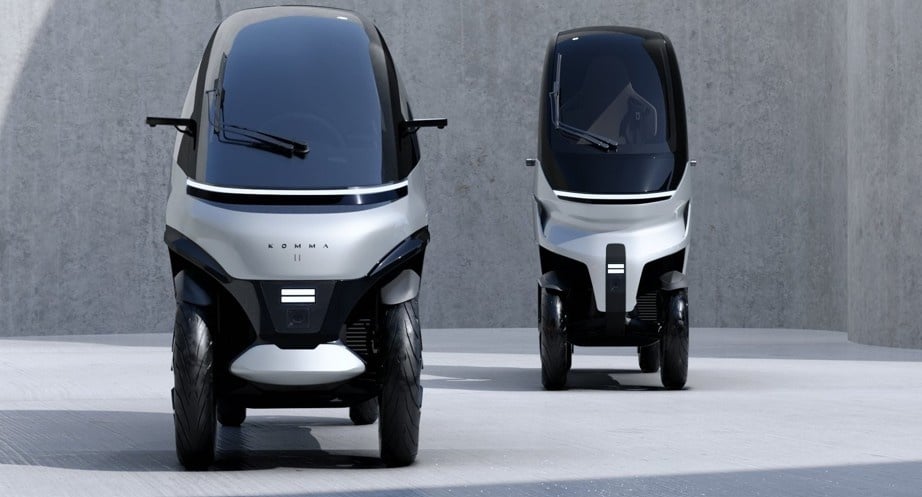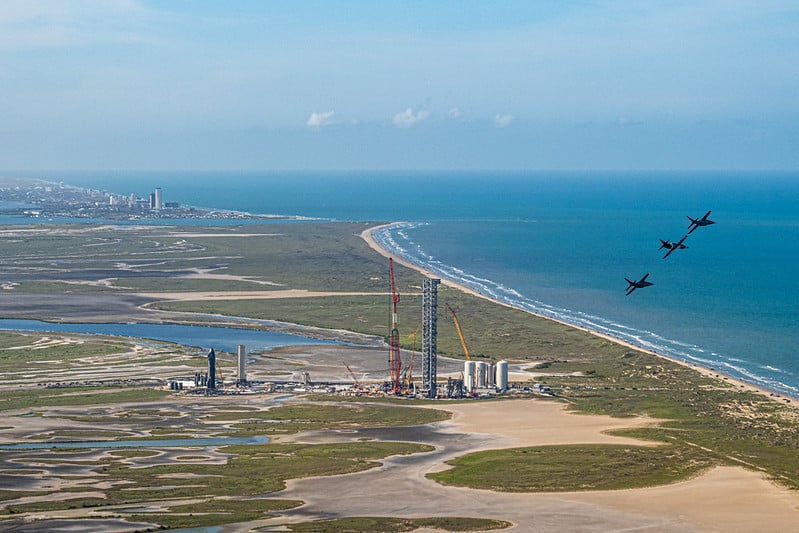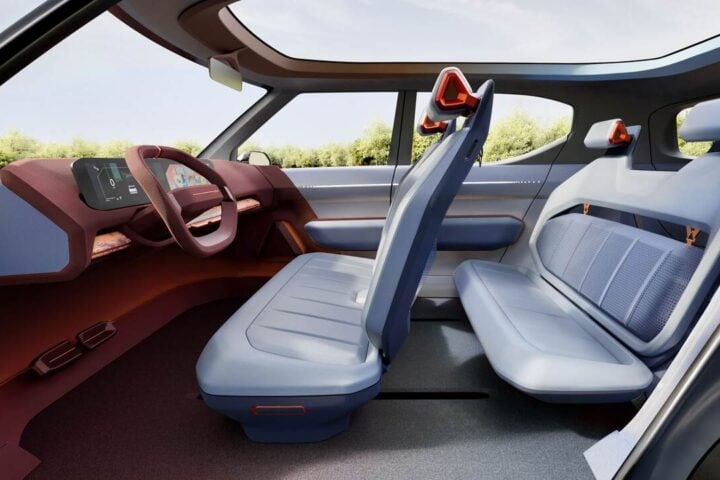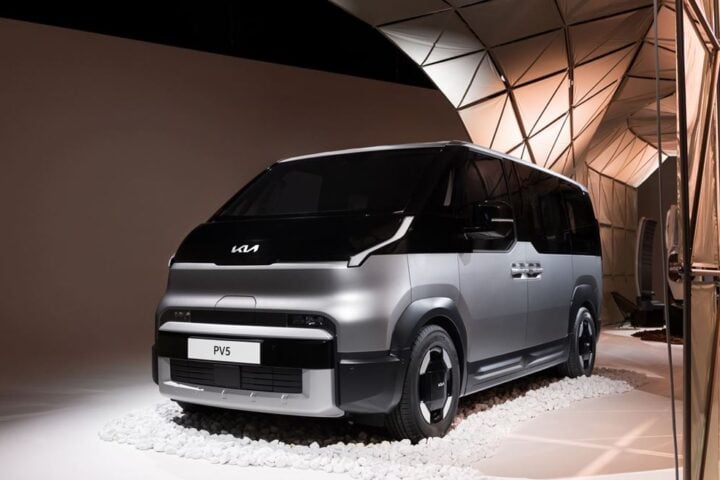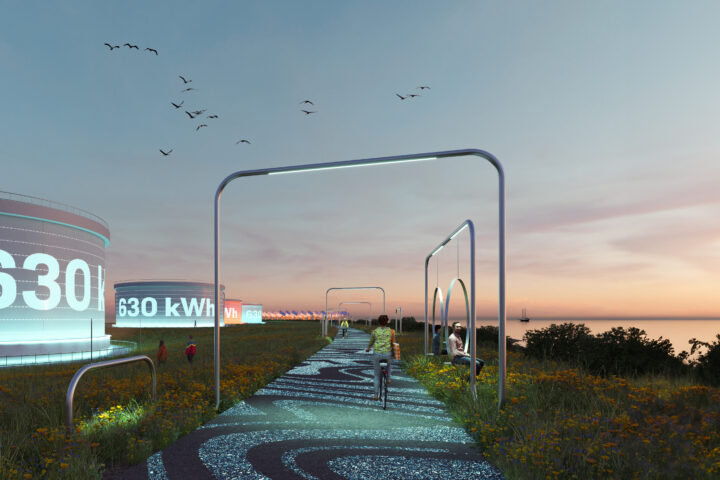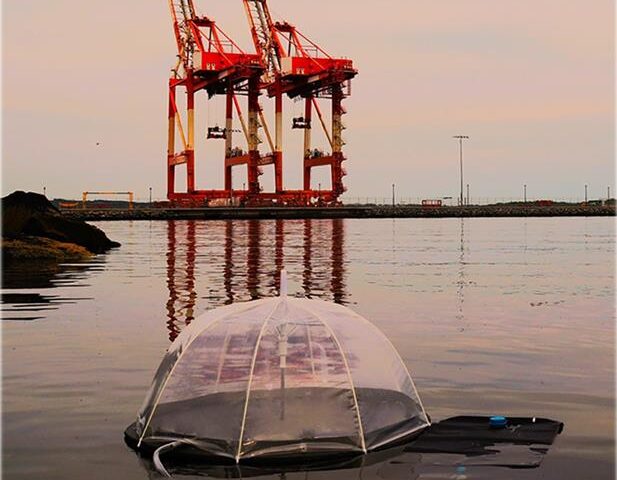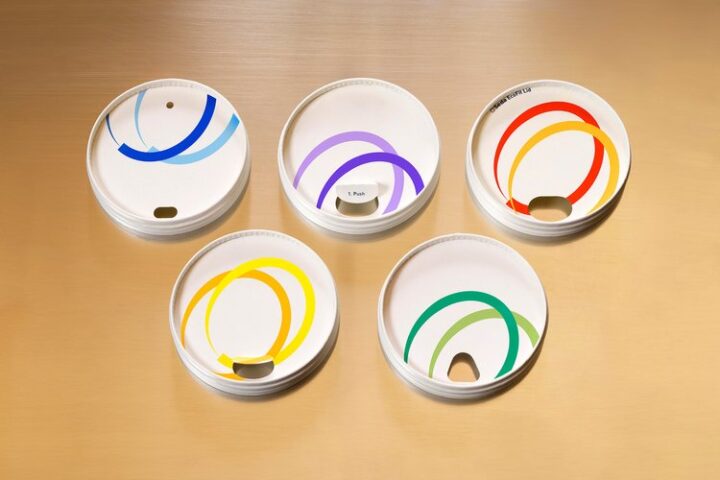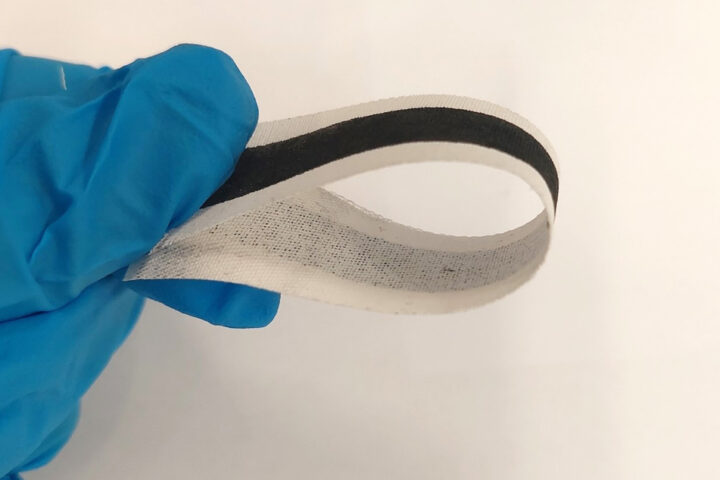The Komma UMV redefines city travel with a fresh approach to electric mobility. While most EV manufacturers focus on electrifying conventional cars, Komma asks a different question: how can we move people efficiently with fewer materials?
This compact two-seater strips down to essentials. Komma cuts raw materials by 70% compared to standard EVs—addressing the often-overlooked fact that conventional electric vehicles require extraction of an increasing amount of raw materials per battery per year.
“Moving an 80 kg person with over 2,000 kg of vehicle is not sustainable in an urban context,” says Lowie Vermeersch, Granstudio’s founder and Komma’s designer.
The tech specs tell an impressive story. The UMV reaches 130 km/h top speed with a 200 km range. Its modular battery system offers either 7.5 kWh or twin 15 kWh packs. You can fast-charge to 80 % in about 30 minutes or plug into a standard outlet for a 4-hour full charge.
What sets Komma apart is its patented four-wheel electronic tilting system (e-TS). This innovation gives the UMV motorcycle-like cornering ability while maintaining car-like stability. The vehicle never exceeds a motorcycle’s width, making lane-splitting and tight parking spots accessible even in packed urban areas.
Safety features match what you’d expect in larger vehicles: ABS, airbags, seatbelts, and collision avoidance systems—addressing common concerns about micro-mobility protection.
Similar Posts
Under EU regulations, the Komma falls into the L5e-A quadricycle category, though its 130 km/h top speed exceeds typical limits for this class. This classification includes specific weight limits (400 kg unladen excluding batteries) and requires compliance with Euro 5 emission standards .
Pricing remains unannounced, but the micro-EV landscape offers context. The Citroën Ami starts around € 7,990 with a 75 km range and 45 km/h top speed. The Microlino costs CHF 17,990–21,490 (Switzerland), offering up to 177 km range and 90 km/h speeds . The Renault Twizy 45 sits near € 10,300 with a 100 km range .
Komma supports both household (Type 2 charging) and fast-charge protocols, integrating with Europe’s expanding charging networks as the EU works toward its million-charger goal by late 2025.
The environmental story extends beyond driving. While Komma emphasizes production material reduction, complete sustainability assessment requires examining impacts from raw material extraction through end-of-life recycling,—an area where detailed life-cycle assessment data would add clarity.

In practical terms, Komma vehicles could halve urban vehicle footprints, potentially transforming how we allocate street space. Their narrow profile enables easier navigation through congested cities where traditional cars struggle.
As Komma prepares for its 2025 launch, it represents a focused rethinking of urban transport—smaller, lighter, and purpose-built for city movement rather than simply electrifying conventional designs.
